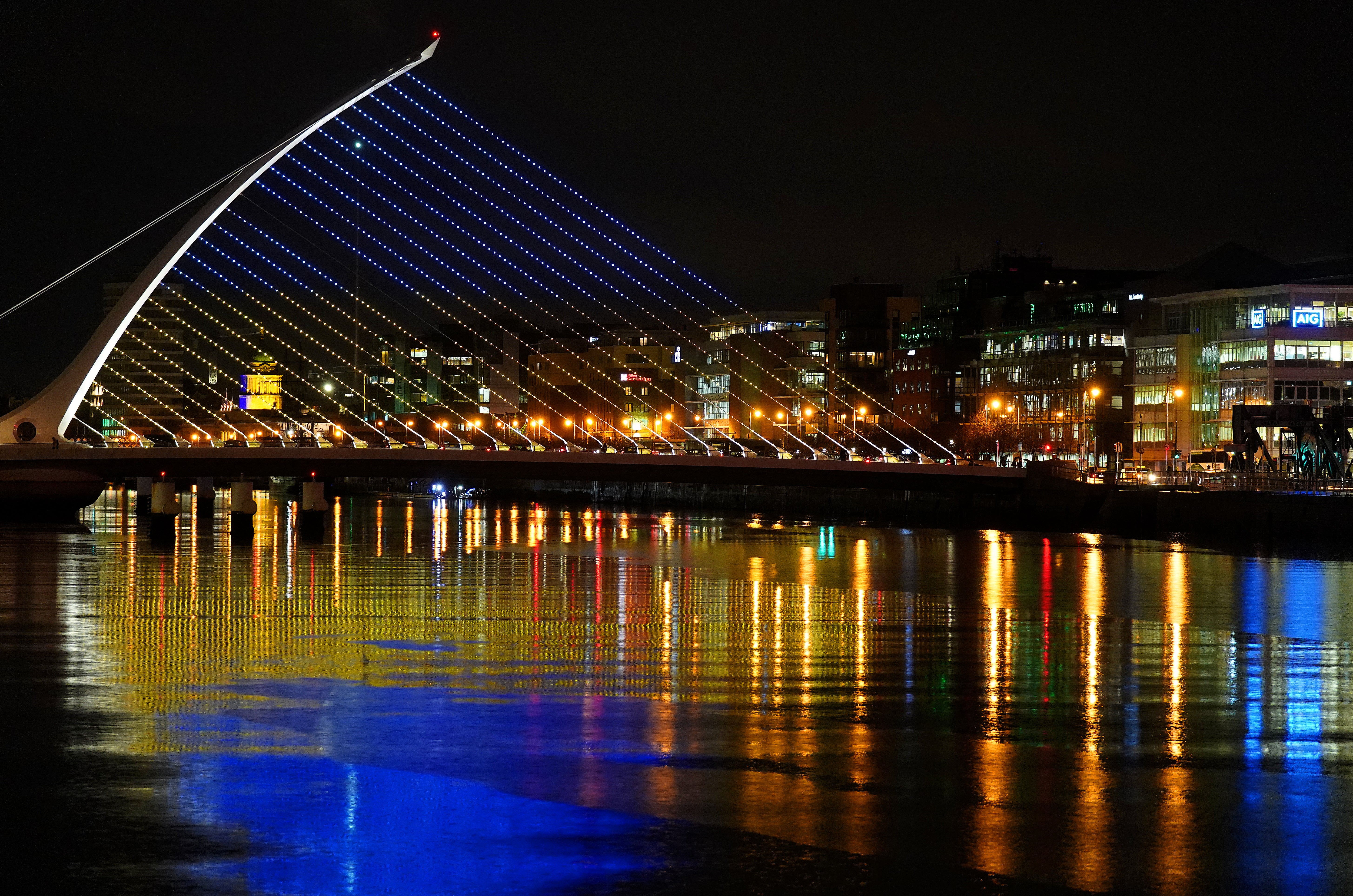Body armour and 10 tonnes of food sent by Ireland to Ukrainian army
The country, while military neutral, has committed itself to providing non-lethal aid to Ukrainian forces battling the Russian invasion.

Your support helps us to tell the story
From reproductive rights to climate change to Big Tech, The Independent is on the ground when the story is developing. Whether it's investigating the financials of Elon Musk's pro-Trump PAC or producing our latest documentary, 'The A Word', which shines a light on the American women fighting for reproductive rights, we know how important it is to parse out the facts from the messaging.
At such a critical moment in US history, we need reporters on the ground. Your donation allows us to keep sending journalists to speak to both sides of the story.
The Independent is trusted by Americans across the entire political spectrum. And unlike many other quality news outlets, we choose not to lock Americans out of our reporting and analysis with paywalls. We believe quality journalism should be available to everyone, paid for by those who can afford it.
Your support makes all the difference.Ireland has sent 5,000 ready-to-eat meals and 200 units of body armour to Ukraine, as the war against Russia continues.
The country, while military neutral, has committed itself to providing non-lethal aid to Ukrainian forces battling the Russian invasion.
Taoiseach Micheal Martin, alongside a host of senior Irish ministers, have repeatedly stressed that Ireland is not politically neutral in the conflict.
The move was confirmed on Monday by Foreign Affairs Minister Simon Coveney, who said that the 10 tonnes of ready-to-eat meals and the body armour was coming from Irish Defence Forces stocks.
Appearing at an Oireachtas committee last week, Mr Coveney had indicated that the Government was preparing to send spare equipment to the war-torn country.
The Department of Defence confirmed that the equipment and food had already been shipped and will shortly arrive at a Polish logistics hub.
In a statement, Mr Coveney said: “This contribution is a specific element of the Government’s approximately 11 million euros contribution through the European Peace Facility and the further 20 million euros in humanitarian assistance.
“This practical assistance is a further tangible demonstration of Ireland’s support for and solidarity with the people of Ukraine.”
The war in Ukraine has reignited debate in political circles about the longstanding policy of Irish neutrality.
“My view right now is our focus is, and the people united on this, is to make sure that there is a speedy response from the European Union on all of the issues that require a such speedy response,” Mr Martin told the BBC on Sunday.
“We will have to reflect on this military neutrality position more generally .
“We’re not a military power in that sense, what Ireland does best is on the humanitarian side, and on the peacekeeping side. Those are our strengths.
“The bottom line now is that we need to keep a unified focus within Ireland on the Ukrainian situation and what we do best.
“One cannot, in the middle of a crisis, change a long-held policy overnight.”
Earlier, Labour leader Sir Keir Starmer said “understanding what it means to be a country” in the relationship between the UK and the Republic of Ireland “tells us something” about the war in Ukraine.
In a speech at the London Irish Centre ahead of St Patrick’s Day, Sir Keir said it was key to focus on the UK and Ireland’s “rich and long history”.
The Labour leader said it was easy to see the relationship between the two countries “in narrow issues, the (Northern Ireland) Protocol at the moment”.
But he said the long partnership with the Republic, through Ireland’s ambassador to the UK Adrian O’Neill, was important.
Sir Keir said: “This relationship requires respect – equal respect – and understanding what it means to be a country.”
He added: “I think it tells us something about what’s going on in the world, particularly Ukraine, because at the heart of the conflict in Ukraine is a simple thing, the wish of a country to decide for itself its own future.”
Sir Keir said: “I didn’t think in my lifetime I would see Russian tanks rolling into a European country, soldiers kissing their children goodbye as they then stay to fight for their city and for the country, the awful bombing of hospitals. None of us thought we would see that.”
The Labour leader said behind those images was “that sense of democracy, of sovereignty, the right of a country to decide for itself on what it does”.
He added: “But when it comes to what does the UK stand for, what does Ireland stand for, when it comes to issues of sovereignty and self-determination, we stand together in the face of Russian aggression because they’re our deep, deep values.”
Sir Keir also said: “It is about the relationship between UK and Ireland, but it’s also about the way in which we view the world which is being challenged at the moment in a really profound way.”